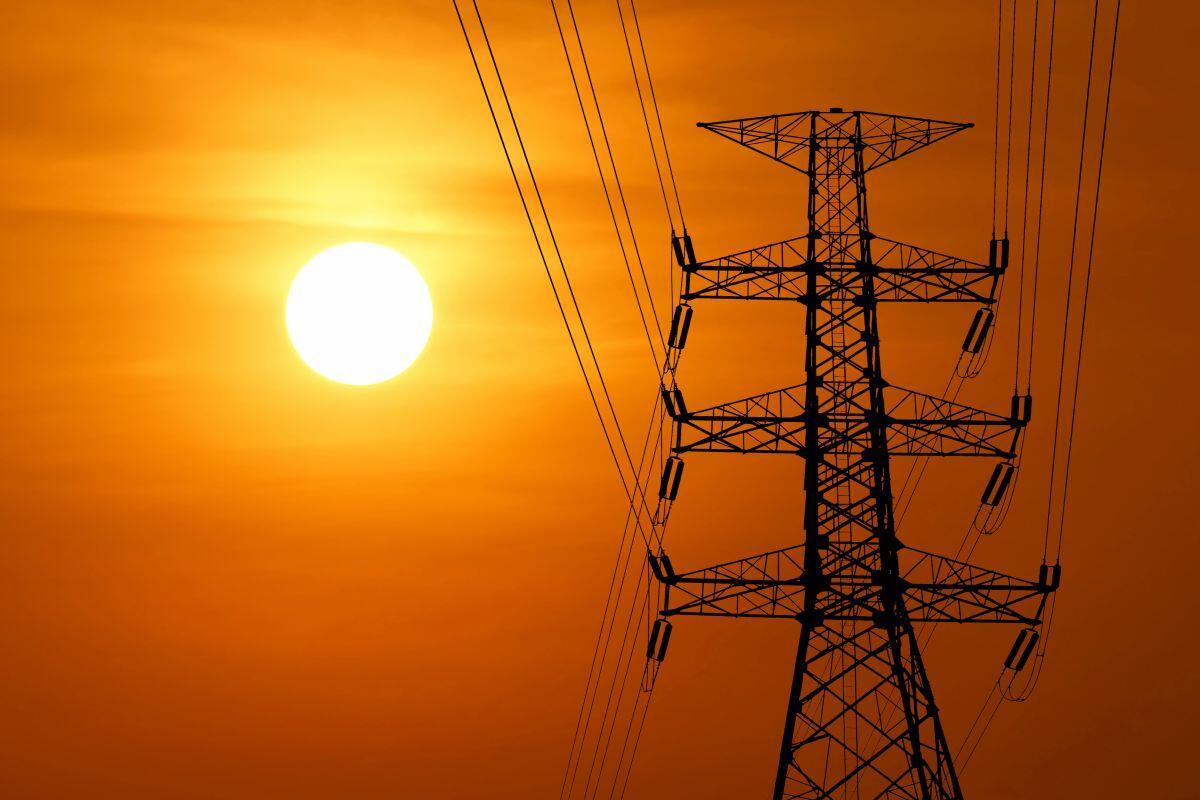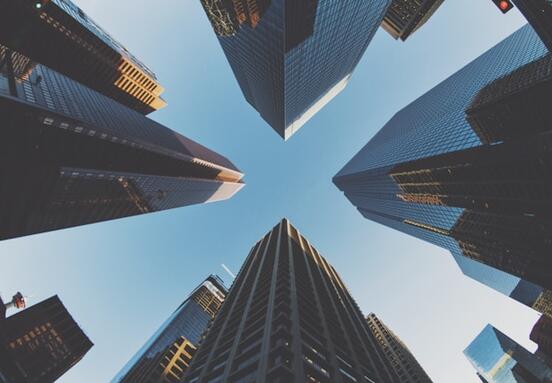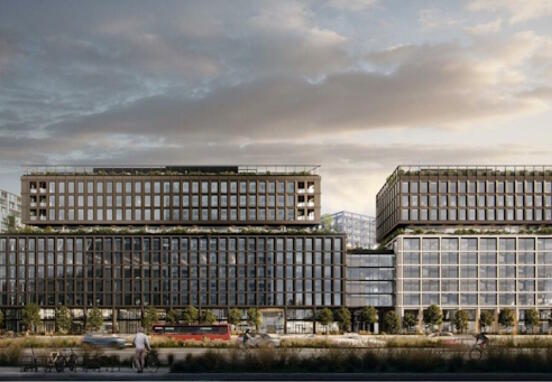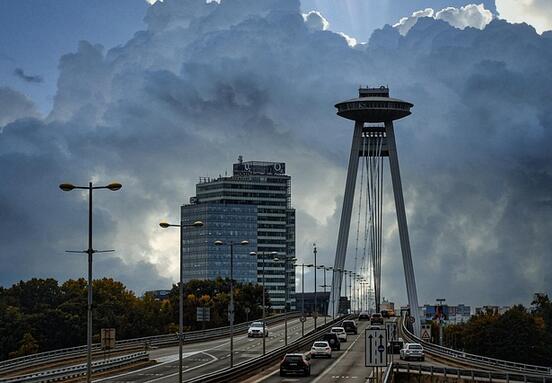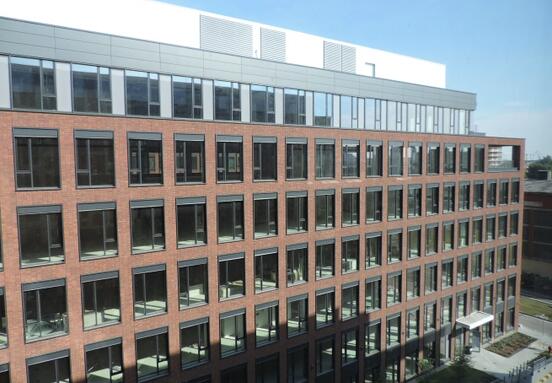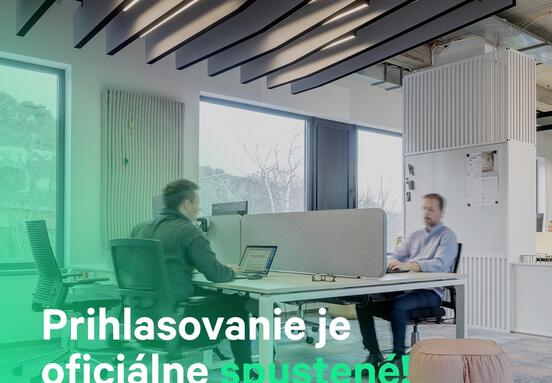The renovation of buildings in Slovakia and the Czech Republic cannot achieve the required pace without the participation of private capital and without combining different sources and financing instruments. This requires the cooperation of all stakeholders and the implementation of smart financial instruments.
It is these issues that the Green Deal 4 Buildings project has focused on, which aims to extend existing practices at European level, define strategies and plans and propose improvements in national policies and measures. It will also monitor the implementation of measures to improve the functioning of the market. The dialogue takes place in round tables organized between 31 March 2022 and March 2024.
Global and regional investors and companies in the field of construction and buildings are already gradually moving towards sustainable energy investments in accordance with the requirements defined in the European Green Agreement. Today, buildings are responsible for 40 percent of global energy consumption and associated greenhouse gas emissions. They therefore play a key role in reducing global emissions. Of all the sectors, buildings have even the greatest potential for reducing global CO2 emissions.
The second round table was devoted to financing and involving the private sector in financing energy investments. "The round table confirmed the recommendation to create a Financial Platform for Sustainable Energy Investments, which will include financial institutions, relevant state institutions, cities and others. This platform will offer comprehensive solutions that will enable the deployment of attractive products of sustainable energy financing to a large number of final recipients in Slovakia. Even including regions that are poorly served by commercial funds, "said ZSPS President Pavol Kováčik.
It is the high share of variable renewable energy sources that is the future of energy systems, which require flexibility in the event of interconnection. It will lead to lower energy prices in the market. This is extremely important in tackling the problem of rising prices, such as in the case of natural gas, which we are currently experiencing in the energy markets.
The Green Agreement for Buildings project is implemented by a consortium of nine partners from Slovakia and the Czech Republic. These include the Slovak Innovation and Energy Agency. The project coordinator is the Association of Construction Entrepreneurs of Slovakia. The preparation of four roadmaps is part of an international project that will run for another two years thanks to support from the European Horizon 2020 program. These focus on residential, non-residential, commercial and industrial buildings as well as infrastructure for smart neighborhoods and cities.
There are many under-served regions in Slovakia with a number of small and medium-sized projects. It will also be crucial to support the motivation of building owners to implement energy efficiency projects. The traditional model of centralized production, where energy flows in one direction from production to passive taxpayers, becomes obsolete.
Buildings that consume and produce electricity
The new legislation is also to implement the new design of the electricity market. "Consecutive innovations will significantly affect the nature of renovation work as well as construction of new buildings. The buildings will consume, produce, but also supply electricity to the new electricity market, "added Peter Blaškovitš, CEO of SIEA.
One of the measures taken will be the creation of a Platform for smart energy services. It will include an Energy lab to support the development of comprehensive energy solutions for buildings and an expert group to test the conditions of the new electricity market design. Smart energy services will provide sector integration, coordination of energy efficiency and demand response, energy storage systems / hybrid systems, e-mobility and variable renewable energy sources.
